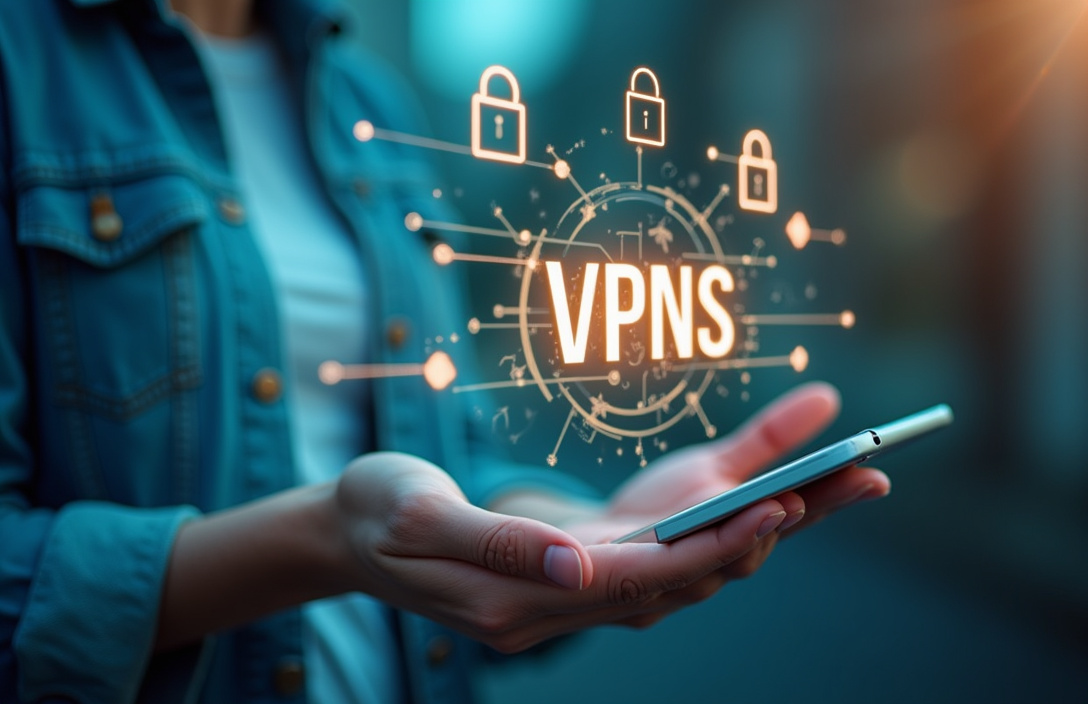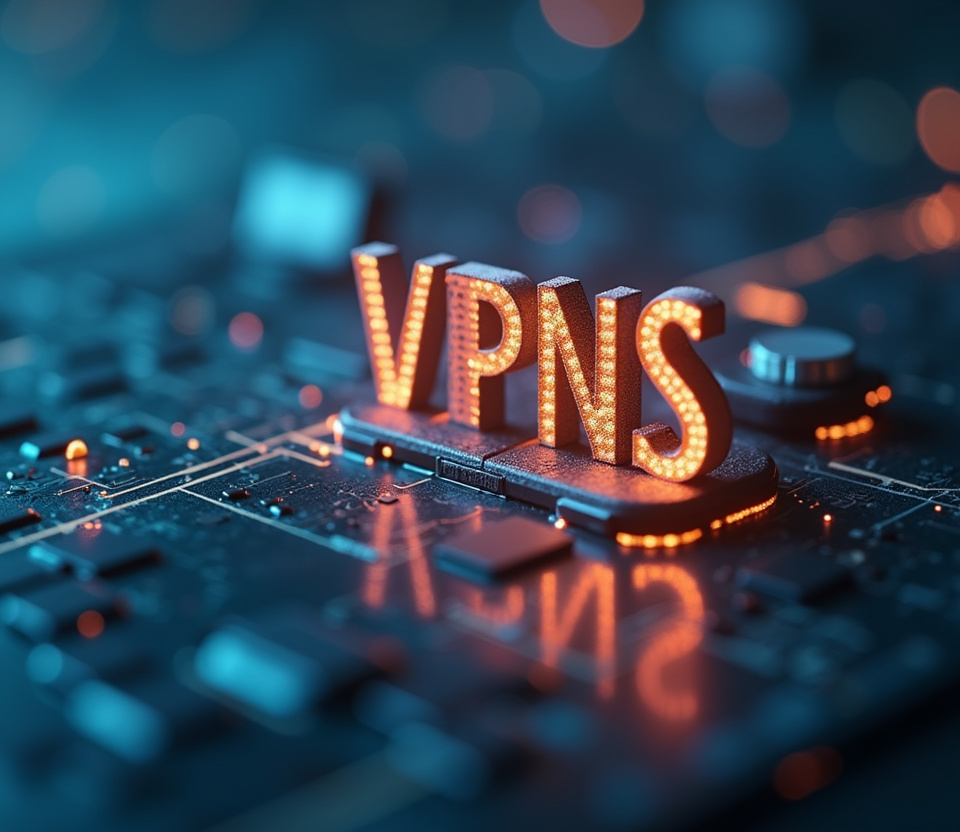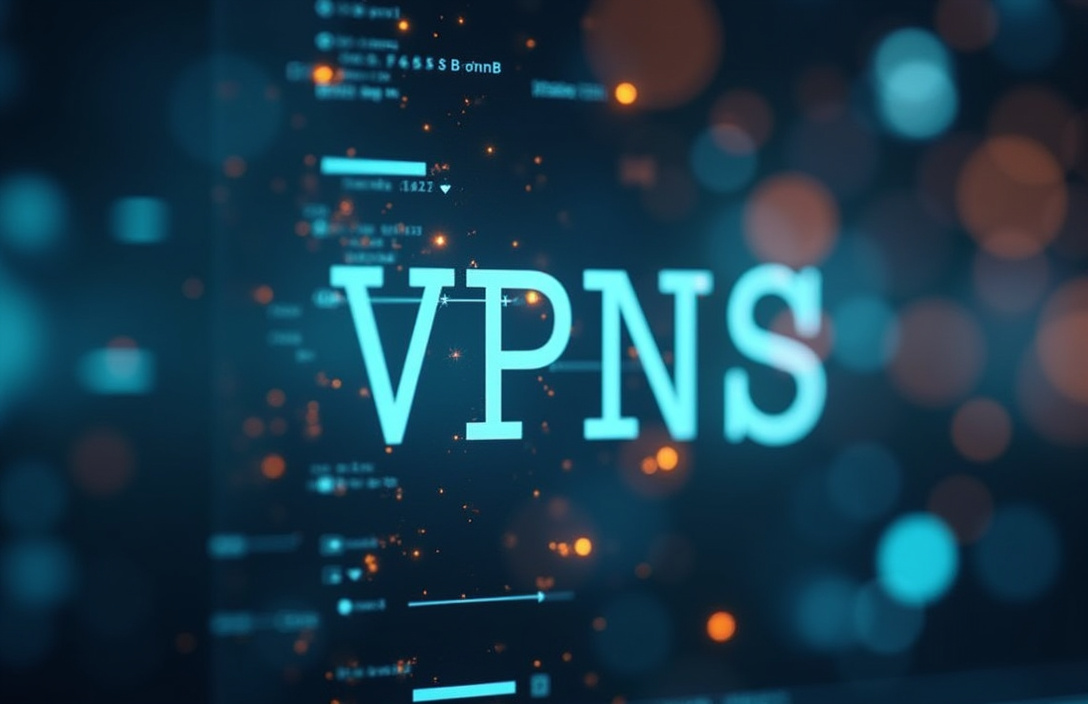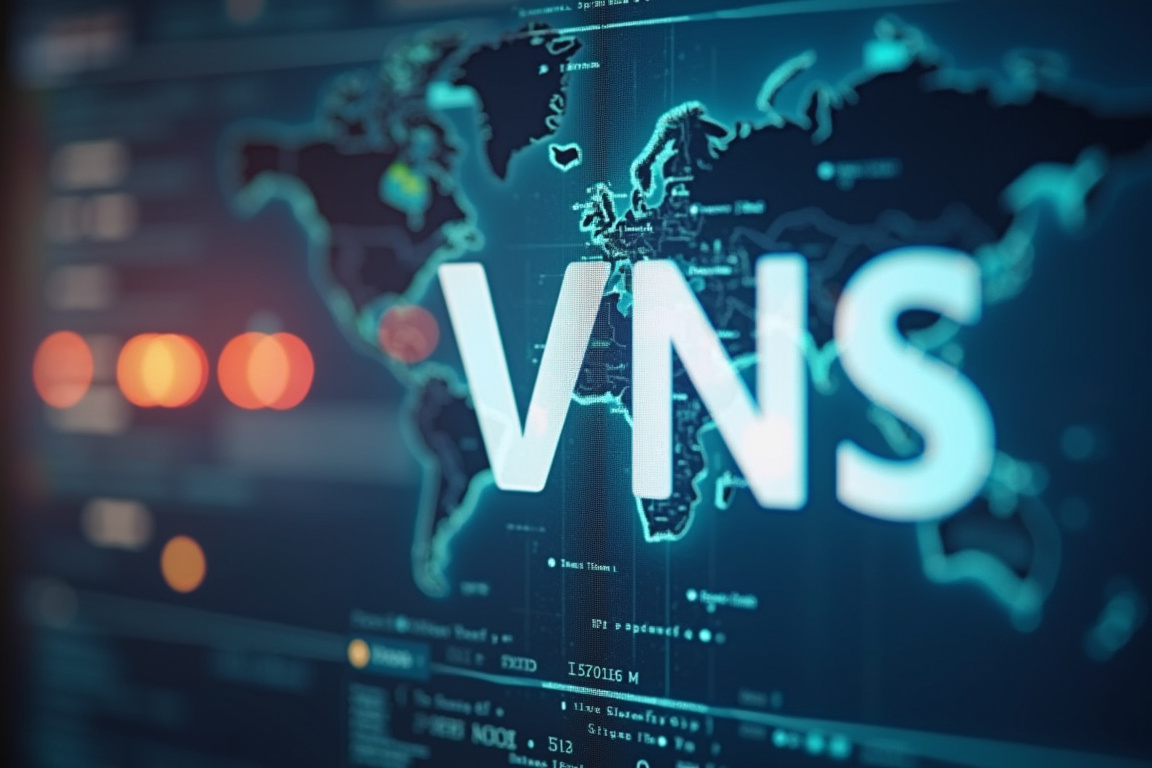VPNs for Volunteer Projects: Ensuring Data Confidentiality

Table of Contents
volunteer VPN
In the increasingly interconnected world we inhabit, volunteer organizations are more reliant than ever on digital technology to coordinate efforts, manage data, and communicate effectively. These organizations, often operating with limited resources, handle sensitive information relating to volunteers, beneficiaries, and project details. This information, encompassing personal contact details, health records, financial contributions, and project strategies, demands the utmost protection.
A critical component of safeguarding this data and maintaining the trust of stakeholders is the implementation of a robust Virtual Private Network (VPN) strategy. A is not merely a technological add-on but a fundamental necessity for ensuring and facilitating secure . The very essence of volunteer work hinges on trust and transparency.
Volunteers dedicate their time and skills based on the assurance that their efforts contribute to a worthy cause and that their personal information remains protected. Similarly, beneficiaries disclose sensitive details with the expectation of confidentiality and ethical handling of their data. Breaches of this trust, whether through negligence or malicious intent, can have devastating consequences for both the organization and the individuals involved.
A compromised database can expose volunteers to identity theft, harassment, or even physical harm, while beneficiaries may face discrimination or exploitation due to the misuse of their personal information. Furthermore, security breaches can severely damage the reputation of the volunteer organization, leading to a loss of funding, diminished volunteer recruitment, and ultimately hinder its ability to achieve its mission. Consider, for instance, a volunteer organization dedicated to providing legal aid to marginalized communities.
The organization collects sensitive personal information from its clients, including details of their legal cases, medical conditions, and financial circumstances. If this information were to fall into the wrong hands, it could have devastating consequences for the individuals involved, potentially jeopardizing their legal proceedings, exposing them to discrimination, or even placing them at risk of physical harm. Similarly, an environmental conservation organization that collects data on endangered species and their habitats could face significant risks if this information were to be compromised.
Poachers or developers could use the data to locate and exploit these resources, undermining the organization's conservation efforts and potentially leading to the extinction of vulnerable species. The risks are particularly acute for organizations operating in regions with unstable political climates or those working on sensitive issues, such as human rights advocacy or environmental protection. In these contexts, the and integrity of data become paramount to the safety and security of volunteers and beneficiaries.
The implementation of a VPN provides a crucial layer of protection against these threats, ensuring that data remains confidential and secure, even in challenging environments. Beyond the ethical imperative of protecting sensitive data, volunteer organizations also have a legal responsibility to comply with data protection regulations. Laws such as the General Data Protection Regulation (GDPR) in Europe and the California Consumer Privacy Act (CCPA) in the United States impose strict requirements on organizations regarding the collection, storage, and processing of personal data.
Failure to comply with these regulations can result in significant fines and legal liabilities. A VPN can assist volunteer organizations in meeting their legal obligations by encrypting data in transit, preventing unauthorized access, and ensuring that data is processed securely. By prioritizing and implementing a , organizations demonstrate a commitment to responsible data management and compliance with applicable laws and regulations.
This proactive approach can enhance the organization's credibility, build trust with stakeholders, and ultimately strengthen its ability to achieve its mission effectively. In addition, using a projects will safeguard all volunteer data and , preventing any breach of data that may affect the organization.
volunteer VPN
The primary function of a is to create a secure, encrypted connection between a user's device and a remote server. This connection effectively masks the user's IP address, making it difficult to track their online activity and location. More importantly, it encrypts all data transmitted between the device and the server, preventing eavesdropping and unauthorized access to sensitive information.
This encryption is particularly critical when volunteers are working remotely, using public Wi-Fi networks in cafes, libraries, or airports. These networks are often unsecured and vulnerable to hacking, making them easy targets for cybercriminals seeking to intercept sensitive data. By connecting to a VPN, volunteers can ensure that their online activity remains private and secure, even when using public Wi-Fi.
Imagine a volunteer working on a community development project, accessing sensitive beneficiary data from a local coffee shop with free Wi-Fi. Without a VPN, their connection is vulnerable to interception, potentially exposing personal details, financial records, and case notes to malicious actors. A VPN effectively creates a secure tunnel, shielding this data from prying eyes and ensuring its .
The benefits of using a VPN extend beyond simple encryption and IP masking. A well-configured VPN can also provide access to resources that may be restricted or blocked in certain regions. For example, volunteers working in countries with censorship laws may be able to use a VPN to bypass these restrictions and access information that would otherwise be unavailable.
This access can be vital for research, communication, and advocacy efforts. Consider a human rights organization working to document abuses in a country with strict internet censorship. A VPN can allow volunteers to access independent news sources, social media platforms, and communication channels that are blocked by the government, enabling them to gather evidence and disseminate information effectively.
Similarly, a VPN can allow volunteers to access internal organizational resources, such as databases or shared drives, from anywhere in the world, without compromising security. This is particularly useful for organizations with geographically dispersed teams or those working on international projects. Volunteers in the field can securely access project plans, training materials, and communication protocols, facilitating seamless and collaboration.
In addition to enhancing security and accessibility, a VPN can also improve the performance and reliability of online communication. By routing traffic through a dedicated server, a VPN can bypass congested or unreliable network connections, resulting in faster speeds and more stable connections. This is particularly important for volunteers who rely on video conferencing or other bandwidth-intensive applications to communicate with their teams.
For instance, a volunteer coordinating disaster relief efforts in a remote area with limited internet infrastructure can use a VPN to ensure a stable and reliable connection for video calls, enabling them to communicate effectively with field teams and headquarters. However, not all VPNs are created equal. When selecting a , it is crucial to choose a reputable provider with a proven track record of security and reliability.
Look for a provider that uses strong encryption protocols, such as AES-256, and that has a strict no-logs policy, meaning that they do not track or store user activity. This ensures that your online activity remains private and that your data is not vulnerable to misuse. It is also important to consider the location of the VPN server.
Choosing a server in a country with strong data protection laws can provide an additional layer of security. Furthermore, make sure the VPN provider offers reliable customer support in case of technical issues. The cost of a VPN can vary depending on the provider and the features offered.
However, many providers offer discounted rates for non-profit organizations and volunteers. Some organizations may even choose to set up their own VPN server, providing greater control over security and configuration. Ultimately, the best VPN solution will depend on the specific needs and resources of the project, providing security and improving communication.
project communication
Effective is the lifeblood of any successful volunteer organization. Volunteers need to be able to communicate easily and securely with their colleagues, supervisors, and beneficiaries, regardless of their location or the device they are using. A VPN can play a vital role in facilitating secure communication by encrypting all data transmitted between devices, preventing eavesdropping and unauthorized access.
This is particularly important when volunteers are discussing sensitive topics, such as personal information, project strategies, or financial matters. Implementing a VPN ensures that these conversations remain private and confidential, providing a safe and secure environment for communication. Consider a scenario where volunteers are coordinating a fundraising campaign for a local charity.
They need to discuss sensitive financial information, such as donor details and bank account numbers. Without a secure communication channel, this information could be intercepted by cybercriminals, leading to financial losses and reputational damage. A ensures that all communication, whether it's through email, instant messaging, or voice calls, is encrypted and protected from unauthorized access.
In addition to encryption, a VPN can also provide a secure platform for sharing documents and other sensitive information. Many volunteer organizations rely on cloud-based storage services, such as Google Drive or Dropbox, to store and share project-related documents. While these services offer some level of security, they are not foolproof and can be vulnerable to hacking.
A VPN adds an extra layer of security by encrypting all data transmitted to and from the cloud, ensuring that sensitive documents remain protected, even if the cloud storage service is compromised. Imagine volunteers working on a project to provide educational resources to underprivileged children. They need to share confidential information about the children's academic performance and family circumstances.
By using a VPN to access and share these documents, they can ensure that the children's privacy is protected and that their information is not exposed to unauthorized individuals. The use of strong encryption ensures that these files comply with regulations that protect children's data. Furthermore, a VPN can facilitate secure across geographical boundaries.
Volunteer organizations often have teams working in different countries or regions, making it challenging to maintain consistent and secure communication. A VPN allows volunteers to connect to a secure server in their home country, regardless of their location, ensuring that their communication remains private and confidential. This is particularly important for organizations working in countries with repressive regimes or those that monitor online communication.
Consider a volunteer organization working to promote human rights in a country with strict censorship laws. Volunteers can use a VPN to bypass these restrictions and communicate securely with activists and journalists, enabling them to share information and coordinate their efforts without fear of reprisal. The use of a projects can facilitate coordination and the achievement of goals.
Beyond the technical aspects of secure communication, a VPN can also foster a culture of trust and transparency within a volunteer organization. By demonstrating a commitment to protecting the privacy and of volunteers and beneficiaries, the organization can build trust with stakeholders and encourage open and honest communication. This can lead to improved collaboration, increased volunteer engagement, and ultimately, a more effective and impactful organization.
When volunteers feel confident that their communication is secure and that their personal information is protected, they are more likely to share their ideas, raise concerns, and contribute to the success of the project. This can create a more positive and productive work environment, where volunteers feel valued and respected. By implementing a comprehensive VPN strategy, volunteer organizations can create a secure and trustworthy communication environment, fostering collaboration, and promoting their mission effectively.
The assurance of confidentiality through the use of a is just one facet of data security in volunteer projects.
volunteer VPN
Beyond the direct benefits of enhanced security and improved communication, implementing a strategy can also contribute to the overall professionalism and credibility of a volunteer organization. In today's digital age, demonstrating a commitment to is essential for building trust with volunteers, beneficiaries, and donors. By investing in a VPN and implementing robust data protection measures, organizations can signal that they take data privacy seriously and that they are committed to protecting the interests of their stakeholders.
This can enhance the organization's reputation, attract more volunteers and donors, and ultimately strengthen its ability to achieve its mission. Consider two volunteer organizations, both working on similar projects in the same community. One organization has a comprehensive VPN strategy in place, while the other relies on standard internet connections without any additional security measures.
Which organization is more likely to attract experienced and skilled volunteers who are concerned about data privacy? Which organization is more likely to receive grants from foundations that prioritize data security? The answer is clear: the organization with the robust VPN strategy is more likely to be perceived as professional, credible, and trustworthy.
Furthermore, implementing a VPN can help volunteer organizations comply with data protection regulations, such as GDPR and CCPA. These regulations require organizations to implement appropriate technical and organizational measures to protect personal data from unauthorized access, use, or disclosure. A VPN can be a crucial component of these measures, providing encryption and secure communication channels to safeguard sensitive information.
By complying with these regulations, organizations can avoid costly fines and legal liabilities, as well as maintain the trust of their stakeholders. For small volunteer organizations with limited resources, navigating the complexities of data protection regulations can be daunting. However, investing in a and implementing basic data security measures can go a long way towards ensuring compliance and protecting sensitive information.
Many VPN providers offer resources and support to help organizations understand their legal obligations and implement effective data protection strategies. Additionally, there are numerous online resources and training programs available that can help volunteers and staff learn about data security best practices. In addition to enhancing security and compliance, a VPN can also provide valuable data analytics and insights.
Some VPN providers offer features that allow organizations to track network usage, identify potential security threats, and monitor the performance of their online communication channels. This data can be used to optimize network configurations, improve security protocols, and enhance the efficiency of . For example, an organization can use VPN data to identify peak usage times and allocate resources accordingly, ensuring that volunteers have access to the bandwidth they need when they need it.
They can also use VPN data to detect suspicious activity, such as unauthorized access attempts, and take immediate action to prevent security breaches. The use of this data, however, should be done in compliance with privacy regulations. Beyond the tangible benefits of security, compliance, and data analytics, implementing a VPN can also foster a culture of security awareness within a volunteer organization.
By educating volunteers and staff about the importance of data protection and providing them with the tools they need to stay safe online, organizations can create a culture where security is everyone's responsibility. This can lead to a more proactive and vigilant approach to data security, reducing the risk of human error and preventing security breaches. Training programs, workshops, and regular security audits can all contribute to building a strong culture of security awareness.
By making a priority, volunteer organizations can protect their assets, maintain the trust of their stakeholders, and ultimately, achieve their mission more effectively. The is essential, but a greater focus on data protecion awareness is necessary for complete compliance.
volunteer VPN
In conclusion, implementing a is no longer a luxury but a necessity for any volunteer organization that handles sensitive data and relies on effective . The benefits of using a VPN extend far beyond simple encryption and IP masking. A well-configured VPN can provide enhanced security, improved accessibility, optimized communication, regulatory compliance, and a culture of security awareness.
By investing in a robust VPN strategy, volunteer organizations can protect their assets, maintain the trust of their stakeholders, and ultimately, achieve their mission more effectively. The ethical and legal obligations to safeguard sensitive data are paramount, and neglecting these responsibilities can have devastating consequences. From compromised personal information to reputational damage and financial liabilities, the risks of inadequate data protection are significant.
A VPN provides a crucial layer of defense against these threats, ensuring that data remains confidential and secure, even in challenging environments. When selecting a , it is essential to carefully consider the specific needs and resources of the organization. Choose a reputable provider with a proven track record of security and reliability.
Look for strong encryption protocols, a strict no-logs policy, reliable customer support, and server locations in countries with strong data protection laws. Consider the cost of the VPN and whether the provider offers discounted rates for non-profit organizations and volunteers. For small organizations with limited budgets, there are free VPN options available.
However, it is important to exercise caution when using free VPNs, as some may have hidden costs or security vulnerabilities. Research the provider thoroughly and read reviews before entrusting them with your data. Organizations may also consider the complexity of the interface.
If the volunteers have disparate levels of technical know-how, a simple and intuitive interface may be more beneficial than a complex VPN, no matter how powerful. Beyond the technical aspects of implementing a , it is equally important to educate volunteers and staff about data security best practices. Provide training on how to use the VPN effectively, how to identify and avoid phishing scams, and how to protect their devices from malware.
Establish clear policies and procedures for handling sensitive data and ensure that all volunteers and staff are aware of these policies. Conduct regular security audits to identify potential vulnerabilities and implement corrective measures. By fostering a culture of security awareness, organizations can empower their volunteers and staff to become active participants in protecting data and preventing security breaches.
Furthermore, volunteer organizations should seek to adapt new technologies and systems into their data protection plans. The online environment is ever-shifting and those concerned with must always be alert to new means of protecting the data, as well as new potential threats. Ultimately, the success of a volunteer organization depends on the trust and support of its stakeholders.
By prioritizing data security and implementing a comprehensive VPN strategy, organizations can demonstrate their commitment to responsible data management and build stronger relationships with volunteers, beneficiaries, donors, and the community. The projects is an essential tool, but it is only one component of a broader approach to data protection. By combining technology, policies, and education, volunteer organizations can create a secure and trustworthy environment, enabling them to achieve their mission effectively and make a positive impact on the world.
With these efforts, volunteering and its benefits will continue to be a positive and impactful endeavor for communities around the world.
Stay Updated
Get the latest VPN news, tips, and exclusive deals to your inbox.




